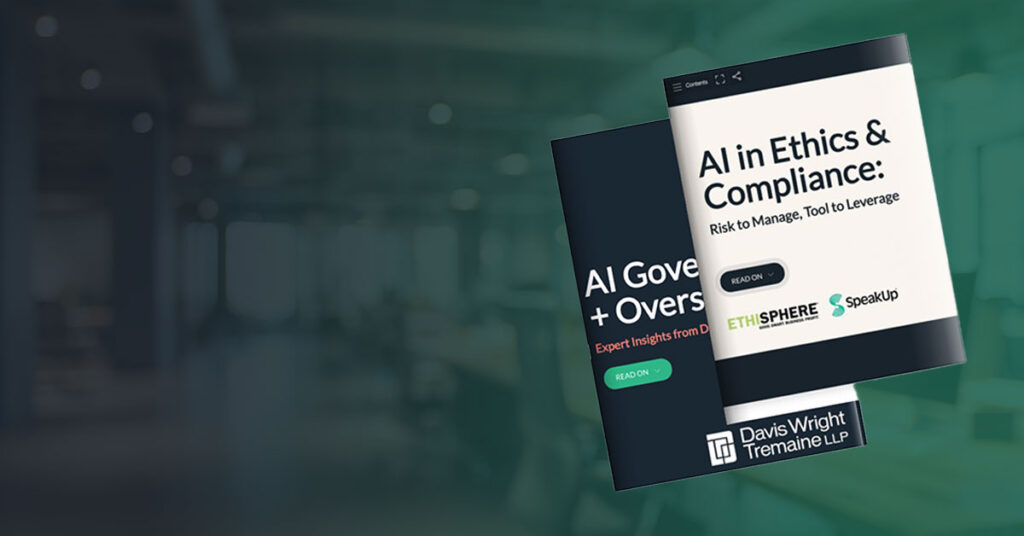Despite the central role ethics and compliance plays in protecting organizational integrity, most boards don’t include a chief compliance officer among their members. And many still don’t engage directly with the E&C function beyond audit committee reports. That’s a missed opportunity.
So how do you make the case for a stronger seat at the table—if not as a board member, then at least as a regular, strategic voice in the room? Here’s how seasoned CECOs approach the challenge:
- Start with the knowledge gap. Most audit committee members are selected for their financial acumen, not their expertise in compliance or ethics. They may be smart, engaged, and well-meaning, but they likely don’t know what you do. That’s not criticism; it’s context. Education has to come first.
- Own your subject matter authority. You don’t need a board title to bring board-level insight. Start with training and briefings that position you as a source of critical information. Use benchmarks, trends, and external examples to frame your updates in ways that drive oversight in addition to awareness.
- Define what strategic oversight should look like. Many boards don’t know what they’re missing. Show them how robust E&C engagement enhances risk visibility, informs decision-making, and contributes to long-term value creation. Make it clear this isn’t about checking boxes—it’s about governing smarter.
- Introduce hard questions—then help answer them. If your board isn’t asking the right compliance questions, don’t wait for them to catch up. Bring them the questions. Lead the conversation. Invite feedback. They’ll respect the initiative, and over time, they will start asking on their own.
- Normalize compliance conversations. Don’t make ethics feel like a fire drill. Integrate your voice into recurring board discussions and frame your insights in business-relevant terms. Repetition and relatability make ethics a standing agenda item instead of a red flag.
- Highlight the upside. Robust ethics and business integrity paves the way to better decision-making, stronger culture, and sustainable growth. The more the board sees E&C as a strategic advantage, the more they’ll invite and expect your perspective.
- Push for structure, not ego. This isn’t about titles. Whether through a dedicated risk committee, standing board sessions, or deeper integration with audit, make the case for mechanisms that consistently give compliance a meaningful voice.
Boards don’t need to make CECOs directors just to take them seriously. But they do need to engage more deeply with the discipline. And it’s up to E&C leaders to start and shape that conversation.
The 2025 Compliance Program Self-Assessment Worksheet is now available! Built from our industry-leading Ethics Quotient® (EQ) questionnaire and benchmarking from this year’s list of World’s Most Ethical Companies® honorees, this 16-question program assessment worksheet is the first step for compliance leaders looking to gain a unique glimpse into the overall effectiveness of their work to date, especially when paired with our automated Compliance Program Self-Assessment. Download your free copy today!






